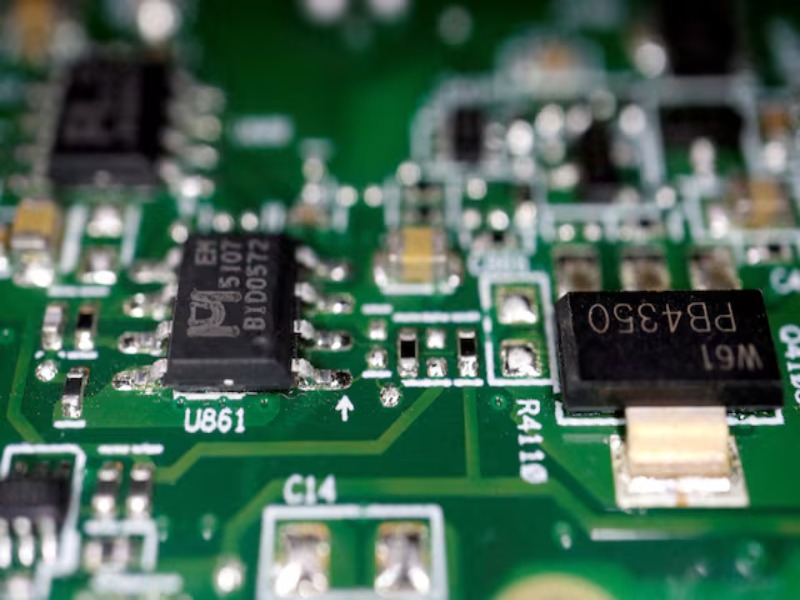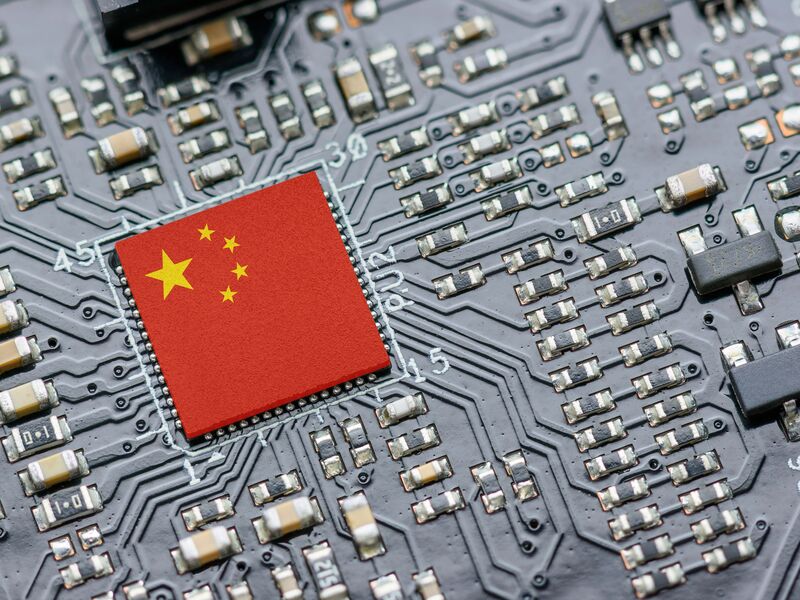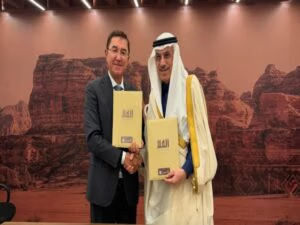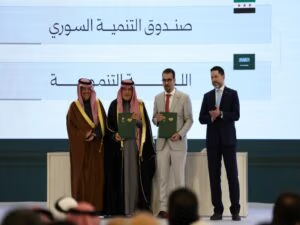On September 13, 2025, China initiated two investigations of the U.S. semiconductor sector, before this week’s trade talks between the two countries in Spain over trade, national security, and TikTok ownership.
The Ministry of Commerce in China also declared an anti-dumping investigation of some analog IC chips that are imported into China by the U.S. Some of the commodity interface IC chips and gate driver IC chips, commonly produced by U.S. companies such as Texas Instruments and ON Semiconductor, will be the focus of the investigation.
Meanwhile, China’s Ministry of Commerce declared an anti-discrimination investigation into the U.S. action against the Chinese chip industry. It was reported that the U.S. Treasury Secretary Scott Bessent will hold a meeting with Chinese Vice Premier He Lifeng in Madrid, Spain, over the weekend, on Sunday and Wednesday.
U.S. actions like export restrictions and customs represent the containment and restraint. In this context, the Spokesperson of the Chinese Commerce Ministry states, “constitute the containment and suppression of China’s development of high-tech industries,” like advanced computer chips and artificial intelligence.
The U.S. follows the announcements of the probes on Friday with 23 Chinese companies being added to an “entity list” of businesses that will be limited due to allegedly acting against the U.S. national security and foreign policy interests. Two Chinese firms that were alleged to have procured chipmaking equipment on behalf of the giant Chinese chipmaker SMIC are also listed.

The discussions between U.S. Treasury Secretary Scott Bessent and Chinese Vice Premier He Lifeng in Madrid will be the most recent of several such negotiations that are intended to abate trade rivalry and delay the implementation of escalated tariffs on the products of one another.
Previously, U.S. and Chinese counterparts had discussions in Geneva in May, London in June, and Stockholm in July. Several 90-day truces on a series of escalating mutual tariffs have been agreed upon by the two governments and have prevented a full-blown trade war.
Scott Bessent referred to the discussions on the last round in Stockholm as being “very fulsome.” He states, “We just need to de-risk with certain strategic industries, whether it’s the rare earths, semiconductors, medicines, and we talked about what we could do together to get into balance within the relationship.”
Restrictions on China’s access to sophisticated semiconductors, such as limitations on the sale of chipmaking equipment to the nation, were imposed by former U.S. President Joe Biden and President Donald Trump. Where Washington refers to national security issues, China refers to the curbs as being in a U.S. strategy of containment of its growth.






